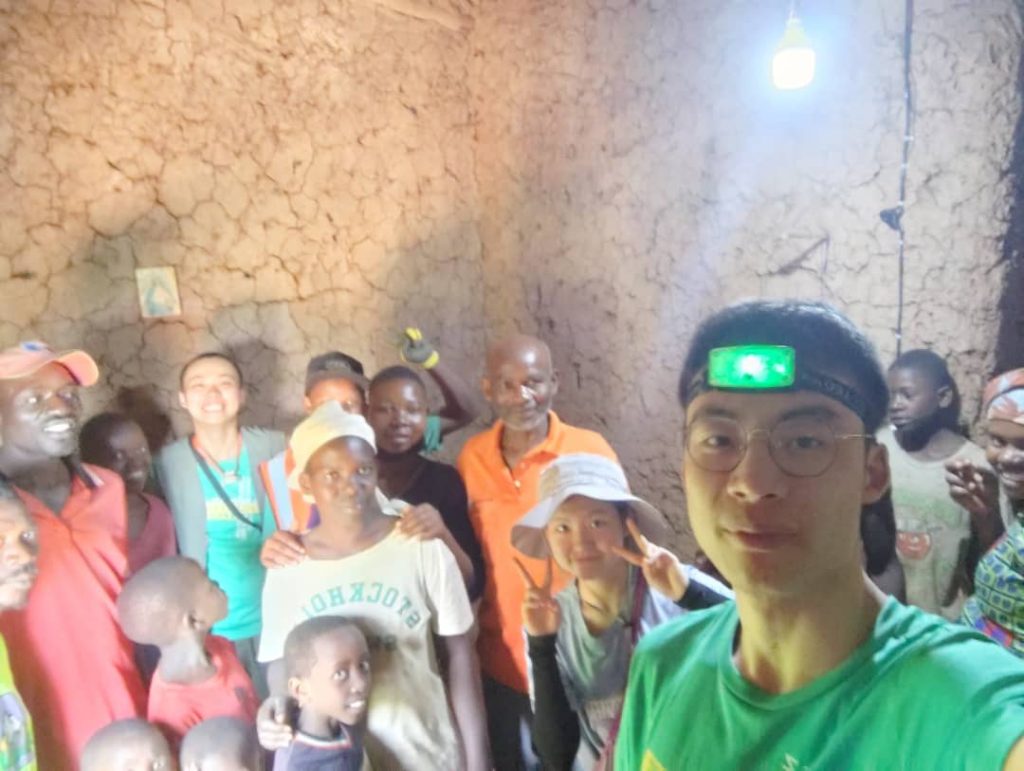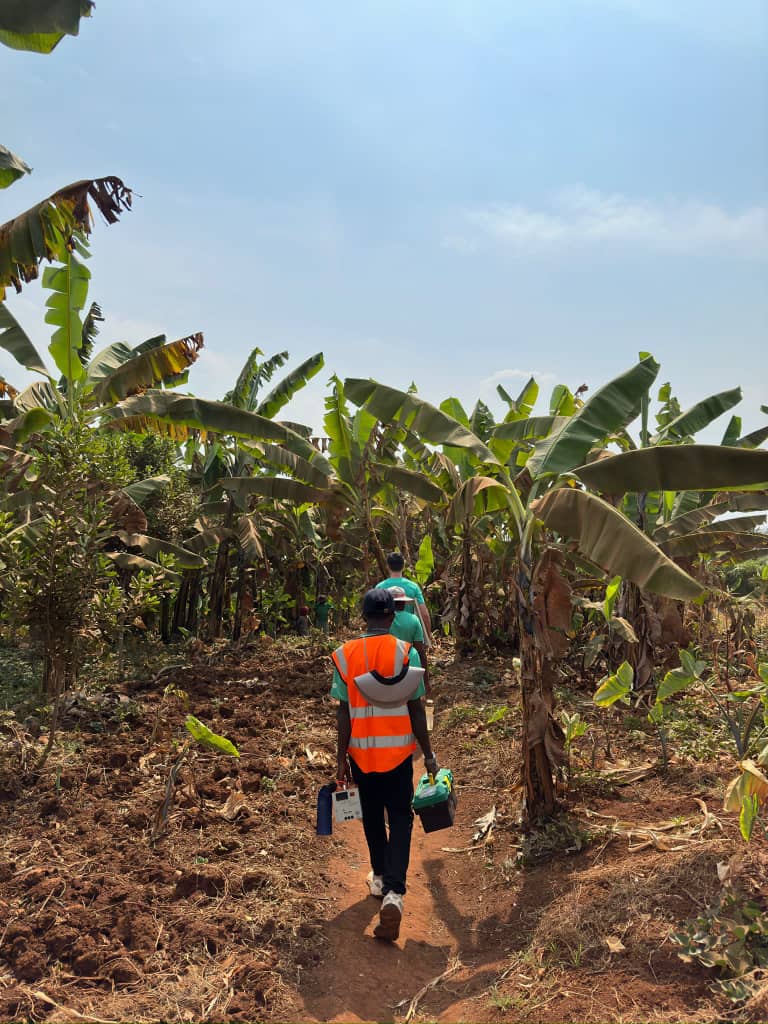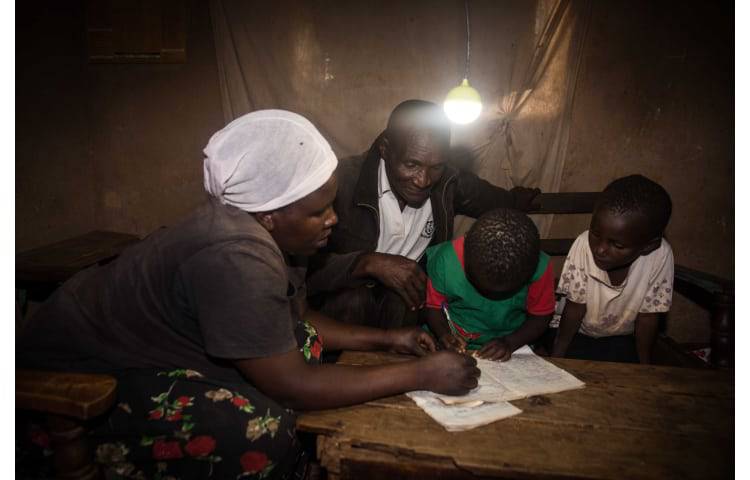In the rural hills of Rwamagana District, a collaboration between Rwandan volunteers and students from a Chinese university is making a measurable difference in the daily lives of residents. Their focus: increasing access to clean energy through the installation of off-grid solar systems in homes, schools, and small businesses.
Organized by AEE Rwanda (African Evangelistic Enterprise), the initiative brought together local youth, engineers, and international students in a practical effort to improve rural electrification in communities previously without access to electricity.

Over several days, the teams installed compact solar panels, batteries, and lanterns in isolated villages, many of which are not connected to Rwanda’s national power grid. The project provided households with basic lighting, the ability to charge mobile phones, and a reliable energy source for nighttime studying and business operations.
For families who once relied on kerosene lamps or candles, the shift to solar has had a tangible impact. Children now study in the evening under steady light, shop owners operate for longer hours, and health posts benefit from improved lighting and safer storage conditions for medical supplies.
Beyond the installations, the initiative emphasized sustainability. Local youth were trained in the basics of solar maintenance, equipping them with skills to ensure the systems remain functional long after the volunteers depart. This transfer of knowledge was a key component of the program.

The collaboration also fostered cultural exchange. Participants shared meals with host families, listened to local concerns, and engaged in community discussions, building mutual understanding in the process.
While small in scale, the project highlights the potential of targeted, community-driven interventions to bridge energy access gaps in rural Rwanda.





